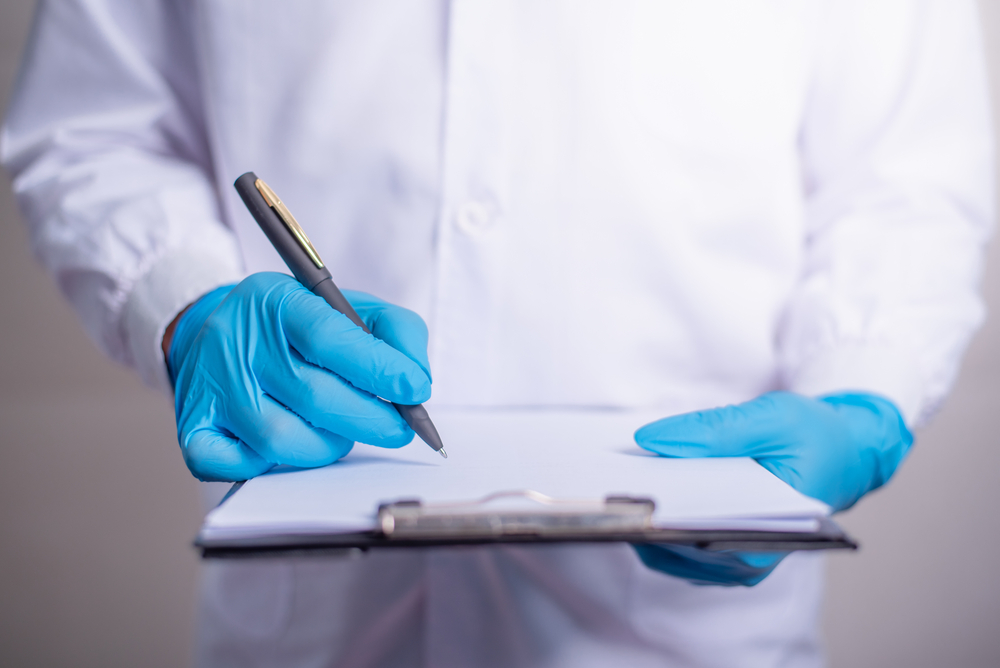
The Department of Transportation (DOT) has announced plans to revise a provision in its drug testing rules, citing what it calls an “inadvertent factual impossibility.” The provision, included in the DOT’s 2023 oral fluid drug testing rule, requires oral fluid testing under specific circumstances. However, the necessary infrastructure to conduct oral fluid testing for transportation employees is not yet in place, making compliance impossible.
In June 2023, DOT officially approved oral fluid drug testing as an alternative to traditional urinalysis, providing employers the flexibility to choose their preferred method. However, one provision, 40.67(g)(3), mandates oral fluid testing in scenarios where direct observation of a urine sample is not feasible.
The provision applies when urine sample collection under direct observation requires a collector of the same gender as the employee. In situations where a same-gender collector is unavailable—particularly when working with nonbinary or transgender employees—the rule requires oral fluid testing as an alternative.
The Roadblock: Lack of Certified Oral Fluid Testing Labs
Despite DOT’s approval of oral fluid testing, it has yet to be implemented. The Department of Health and Human Services (HHS) must certify at least two laboratories for oral fluid testing to become operational. To date, no labs have been certified, rendering DOT’s requirement unworkable.
This gap between regulation and implementation has created a compliance challenge for employers. To address this issue, DOT has issued a notice of proposed rulemaking to amend the provision. Under the revised rule, urine testing will remain the default method, even in scenarios outlined by 40.67(g)(3). Collectors will be required to conduct directly observed urine tests in all cases until oral fluid testing is fully implemented.
The Push for Alternatives in Drug Testing
The delay in certifying oral fluid testing labs is part of a broader industry frustration with the pace of alternative drug testing methods. Oral fluid testing offers several advantages, including shorter detection windows, reduced invasiveness, and the ability to detect recent drug use more accurately. Industry groups and lawmakers have been urging HHS to certify labs and establish additional guidelines for alternative methods, including hair testing, which is still awaiting formal approval.
The revision of 40.67(g)(3) highlights the challenges of implementing new testing methods without the necessary infrastructure. DOT is seeking public comments on its proposed amendment until January 8, 2024, as it works to correct this “impossible to comply with” requirement.
This revision will ensure that employers can remain compliant with DOT regulations while awaiting the broader implementation of oral fluid testing. Until HHS certifies the required laboratories, urinalysis will remain the sole method available for federally mandated drug testing in the transportation industry.
Source:











Leave a Comment